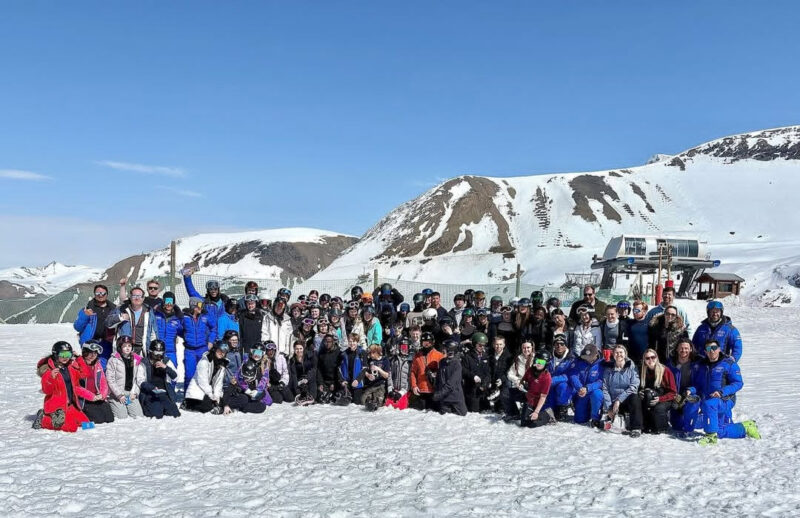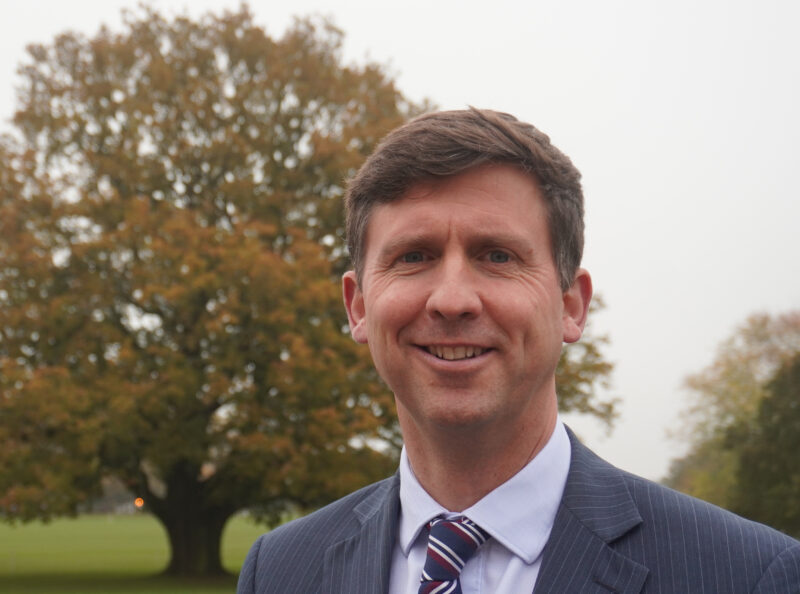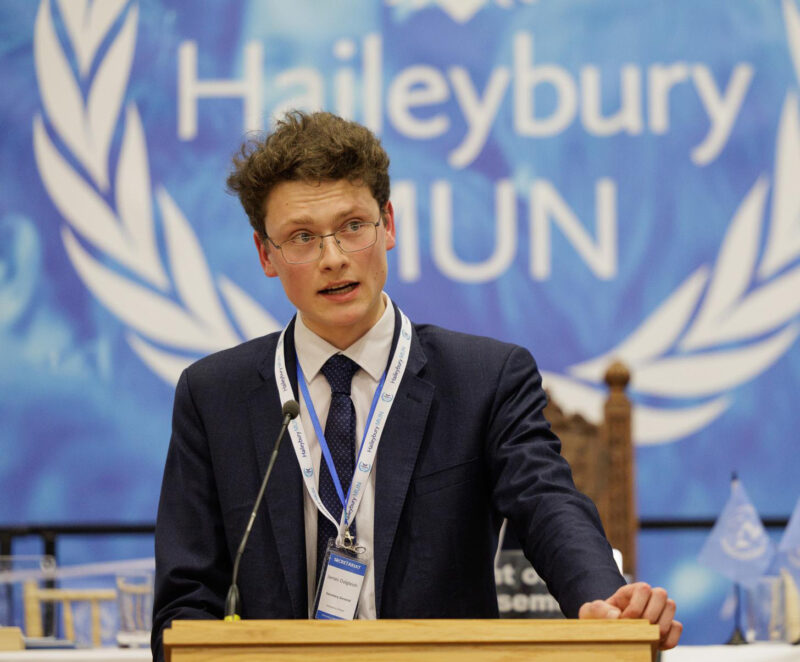This website uses cookies so that we can provide you with the best user experience possible. Cookie information is stored in your browser and performs functions such as recognising you when you return to our website and helping our team to understand which sections of the website you find most interesting and useful.
Forward-thinking findings: the GSK challenge
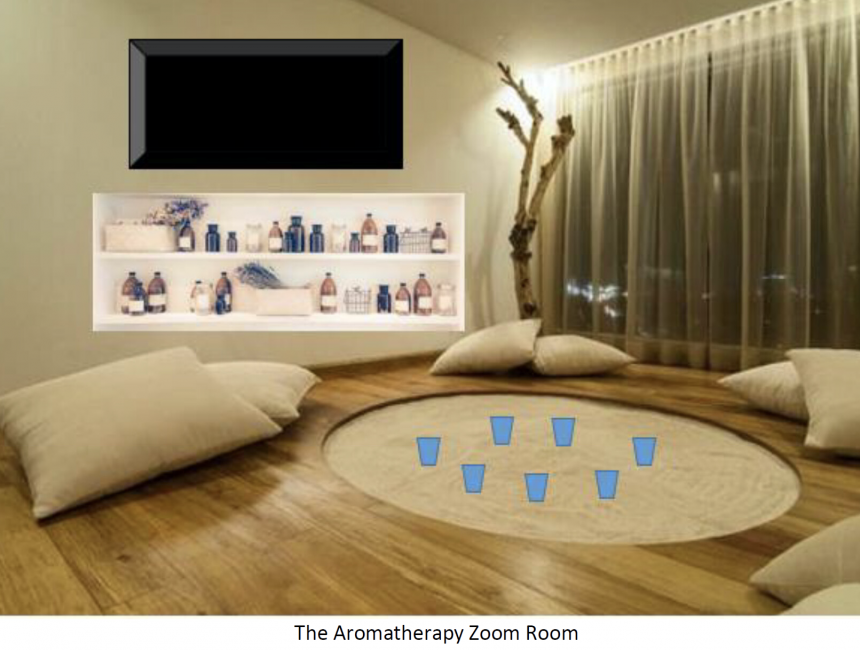
12 Haileybury Middles pupils took part in an exciting GSK challenge, set by the physics department last term.
Over a ten-week period, two groups of pupils worked on a project, centred on finding ways that Haileybury could be improved further. Group 1 explored options on how Haileybury could continue to save water and Group 2 explored the possibility of designing Zoom rooms, to continue to enhance the mental health and wellbeing of pupils and staff throughout the pandemic.
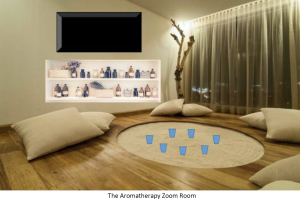
Since the Covid-19 outbreak, Haileybury has launched a Connected School and the Zoom platform is an integral part of this. Whilst exploring potential options for Zoom room designs, Group 2 pupils identified 6 themes that they felt would help with mental health and wellbeing; aromatherapy, music, sleep (powernaps), exercise, yoga and colour. Using these themes, they then created a drawing or render of the space, before creating a survey to see which room people were most interested in. The Aromatherapy room, Power Nap Zoom Pods, Personalised Exercise room and Yoga Zoom room proved to be effective.
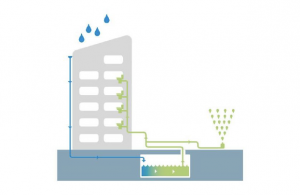
Haileybury is always striving to continue finding new ways of protecting the environment. With this in mind, Group 1 began researching other ways in which we can save water, which led them to identify 4 key steps. These include: introducing a range of water saving plumbing fixtures and fittings in bathrooms and kitchens, changing habits of water usage at every water outlet on the campus, harnessing additional water supplies by harvesting rainwater and re-using some water that would normally be allowed to drain away. Group 1 quickly realised that although their research was based on changes at Haileybury; they had created a model that could be implemented at a range of different institutions and in some domestic dwellings.
We’re excited to see how their ideas and findings can potentially be implemented in the future.
